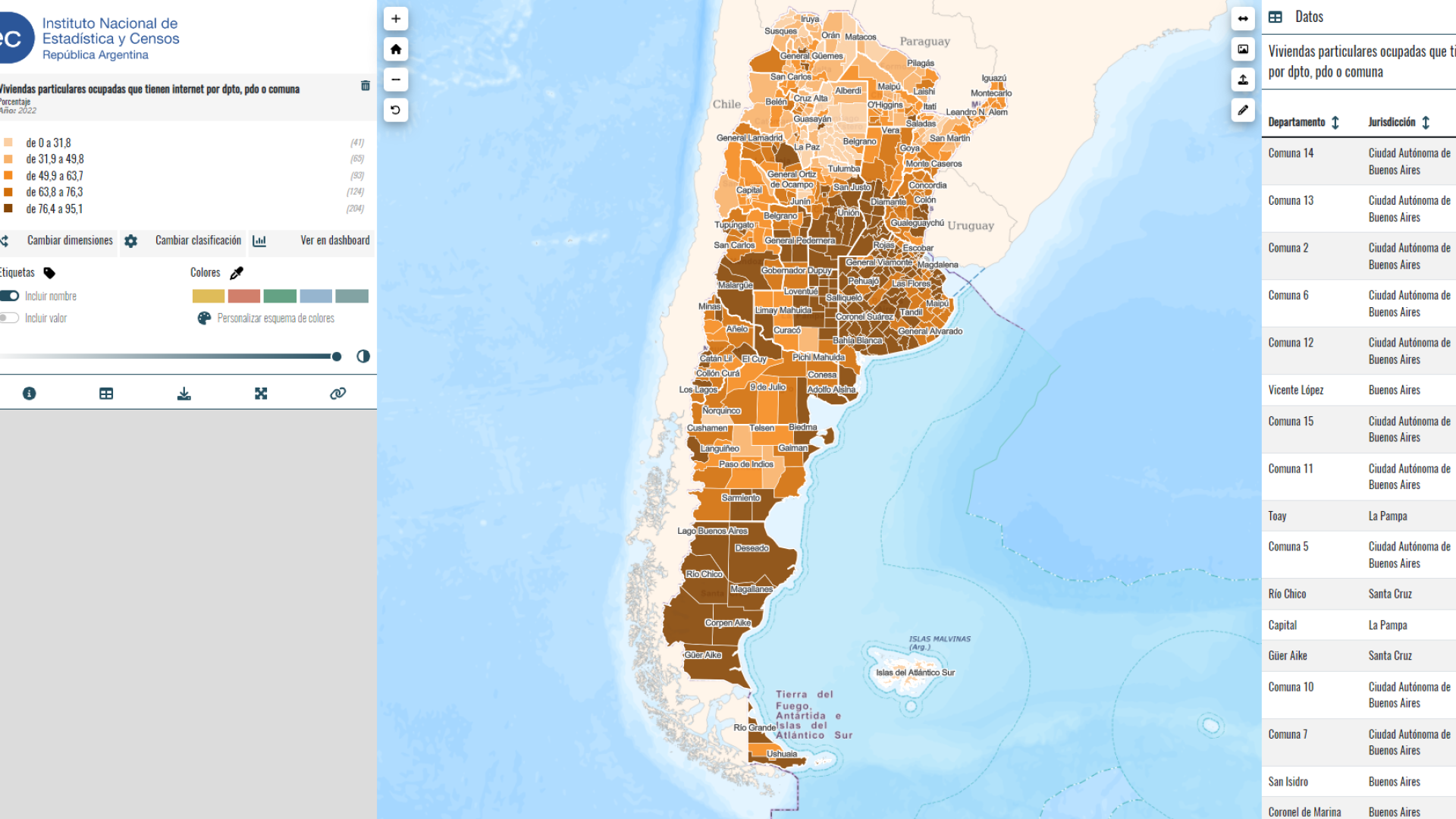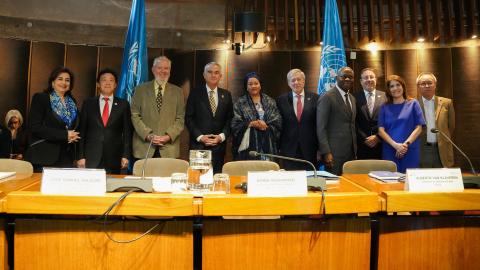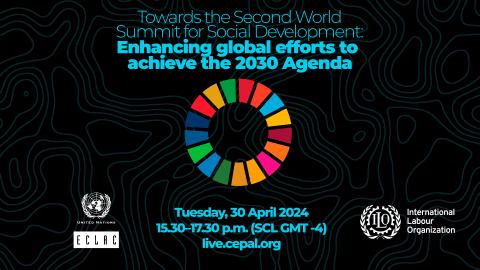Briefing note
The new rules and standards that emerged in the aftermath of the global financial crisis of 2008 seeking to stabilize the global economy, may have had unintended consequences on emerging and developing countries, a new ECLAC study states.
The report Global financial rulemaking and small economies, prepared by Inés Bustillo and Raquel Artecona, Chief and Economic Affairs Officer, respectively, of ECLAC’s office in Washington D.C., indicates that the lack of representation of emerging and developing economies in standard-setting world bodies may affect the effectiveness of global financial regulations and run the risk of setting standards that have unintended consequences on these countries.
The study addresses some unintended consequences of global financial regulation and international tax evasion prevention and their impact on small economies, especially on smaller island countries. It discusses the global financial architecture and governance of standard setting bodies and the actions taken to improve representation and legitimacy of emerging markets and developing economies.
Including countries with diverse economic interests in decision making positions could minimize and even prevent harmful unintended consequences of global rulemaking, the document explains. The study adds that tackling global tax evasion and combating illicit flows and capital flight demands international cooperation on fiscal policy, tax agreements and global fiscal rules which can only be effective if they include the participation of developing nations.
The paper also states that the post-2015 sustainable development agenda and the vast mobilization of resources required have brought back the attention to the issue of the asymmetries in the governance mechanisms of the international financial architecture.



